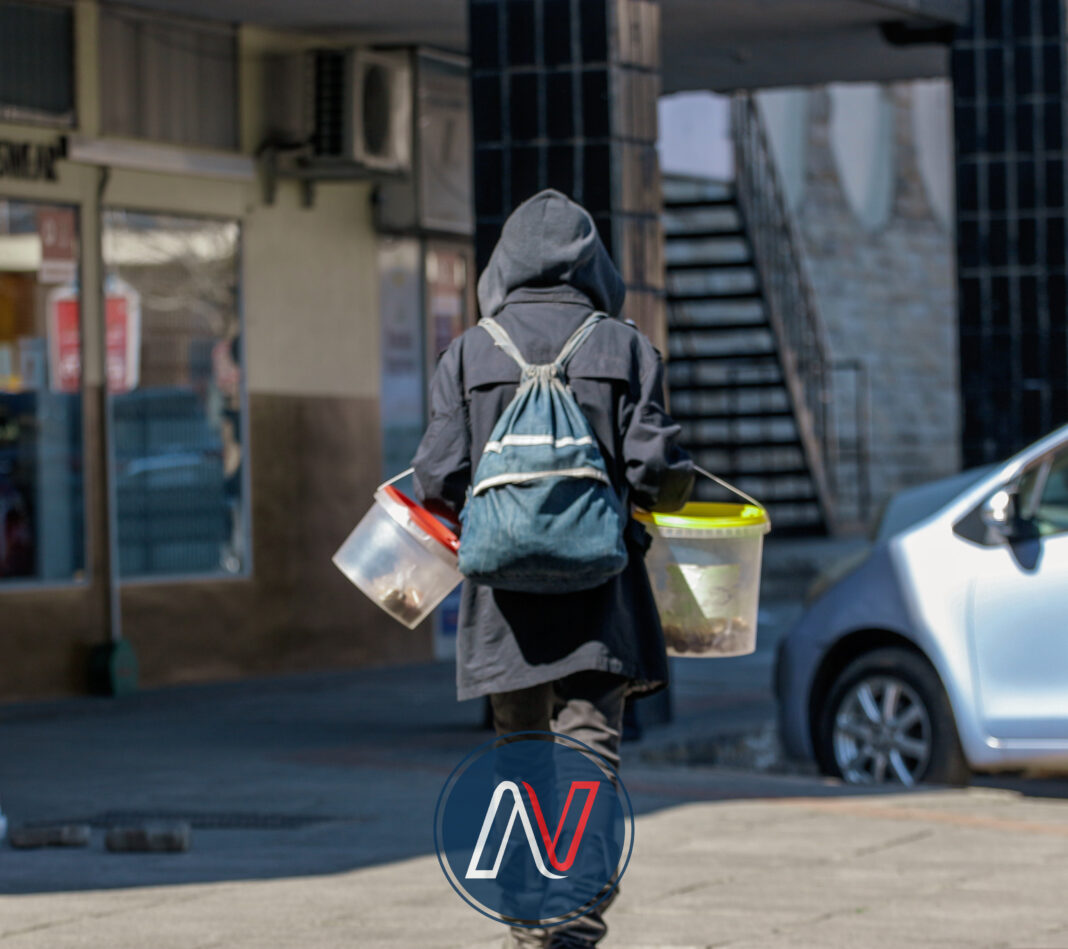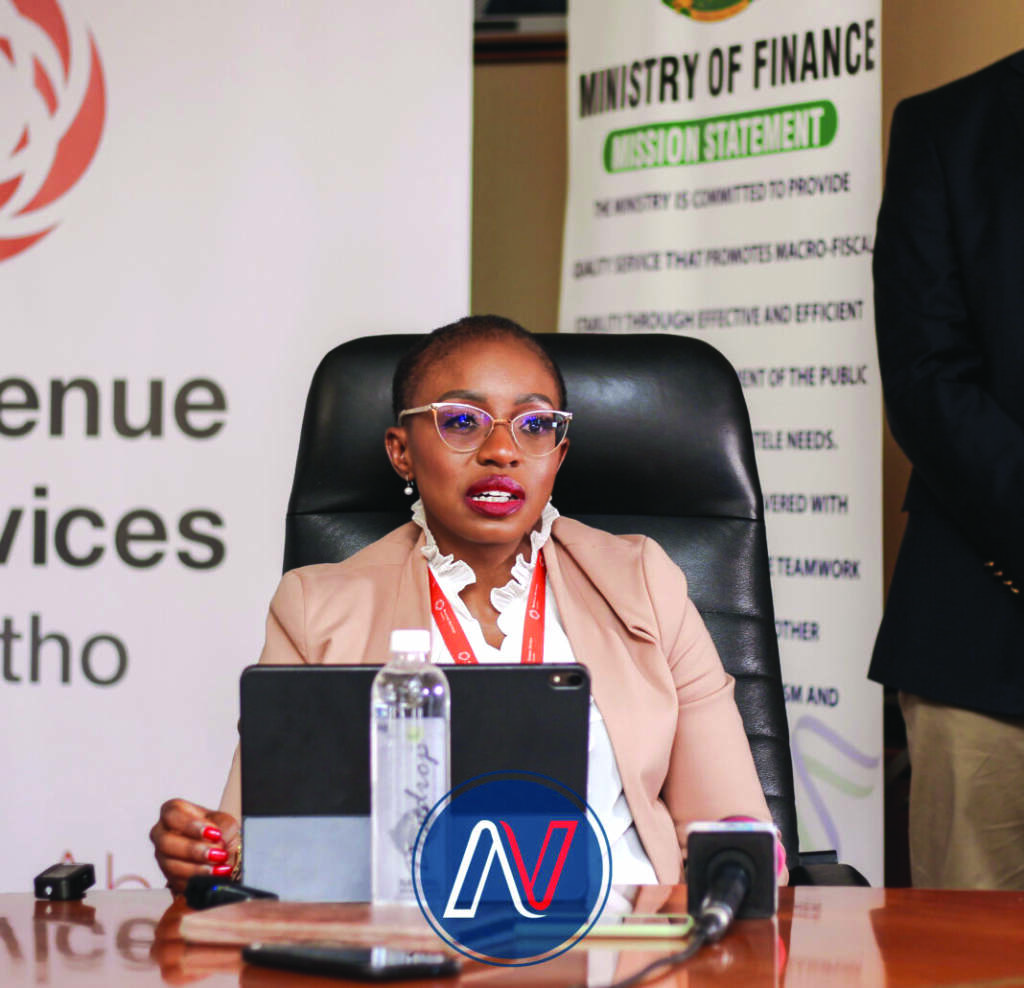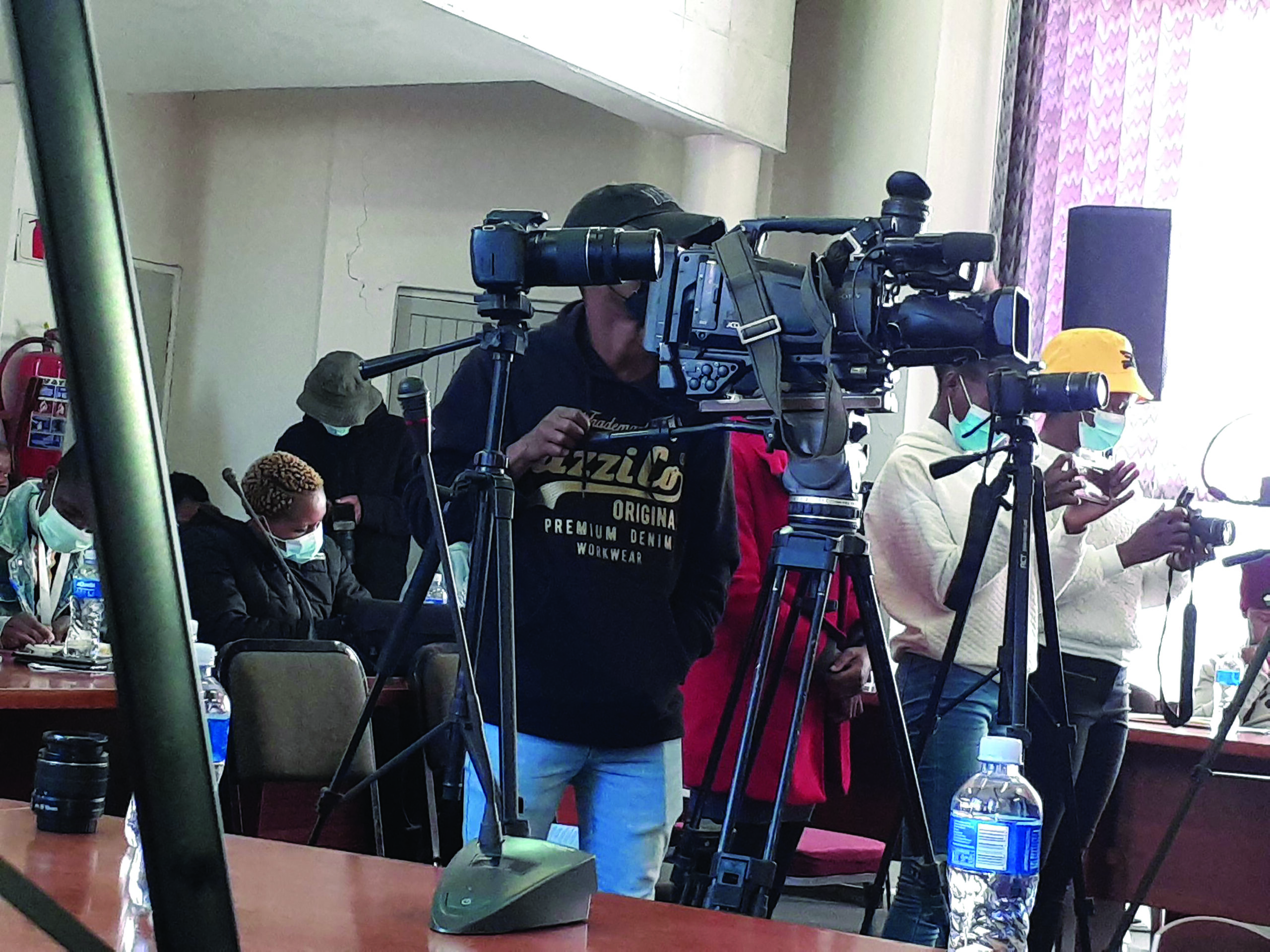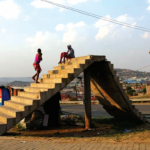- 45% of youth are not in education or in employment
- 67% show signs of moderate to severe anxiety
Kananelo Boloetse
Lesotho is grappling with a monumental youth crisis, as shocking statistics reveal the struggles of the country’s younger population.
A staggering 45 percent of youth aged 15 to 24 are neither in education nor employment, shedding light on a disheartening reality that demands urgent attention.
This alarming revelation comes from the recent report titled ‘A Survey of Young Basotho’s Aspirations and Challenges,’ presented by the World Bank in Maseru this week.
In a nation where the youth make up nearly 40 percent of the entire population, the revelation of such a high percentage being left idle will send shockwaves through the nation.
The World Bank Country Resident Representative for Lesotho, Yoichiro Ichihara, emphasised this week: “Investing in people is a central driver of growth and productivity in all countries around the world. Thus, having such a big portion of youth idle is a missed opportunity for the country.â€
Ichihara added: “There is an urgent need to reengage with the youth, as persistent educational and professional disengagement can have long-lasting consequences for their social and economic participation, and for the country itself.â€
The report’s findings underscore the gender disparities that persist in Lesotho’s labour market. Despite women often achieving better educational outcomes, they face considerable challenges when transitioning into the workforce.
The labor force participation rate for males was found to be higher at 52.3 percent, compared to 43.8 percent for females.
Moreover, women form a larger proportion of the unemployed and inactive groups, with obstacles like limited access to credit and financial constraints hindering their progress.
The survey effectively debunked the notion that Basotho youth are unambitious, revealing that they hold high educational aspirations.
The report read: “Young Basotho have high educational aspirations. Despite the difficulties and the external constraints, there is no sign of fatalism or youth under-aspiring, even among the most disadvantaged youth.â€
However, external pressures, competing household responsibilities, and lack of family support contribute to high dropout rates.
The report also highlighted the limited diversification of training opportunities, with vocational courses often targeting wage employment. Many employed youth are relegated to low-productivity jobs within the services sector.
Contrary to popular belief, the report also revealed that a majority of young Basotho aspire to become entrepreneurs, with almost 65 percent harboring dreams of self-employment rather than waiting for public sector jobs.
The survey indicated that youth exhibit personality traits associated with business success, but barriers such as limited access to credit and lack of know-how hinder their entrepreneurial pursuits.
The ramifications of youth idleness are profound and extend beyond the economic realm.
A concerning 67 percent of youth, the survey found, displayed signs of moderate to severe anxiety, with 27 percent experiencing disrupted sleep.
Women were particularly affected, facing higher levels of worrying and anxiety. These findings correlate with Lesotho’s general trends over the past decade, including alarmingly high suicide rates.
The report also illuminated the impact of the COVID-19 pandemic on the youth, with worsening living conditions, increased anxiety, diminished quality of life, and severe economic disruptions.
World Bank said this week that some of the policy recommendations stemming from the survey and the assessment include supporting youth to stay in school and making it easier for them to return if they drop out; preparing girls for employment in higher-earning fields; and enhancing financial inclusion, business development services, and capacity building to support youth entrepreneurs.
It also said that ensuring youth programs are multi-faceted, and encompass both economic (training, employment/entrepreneurship) and social pillars (income support, behaviors, and norms, mental health), is key to improving labor market outcomes in a gender equitable fashion.
“To support narrowing the gender gap, the Gender Assessment recommends complementary ways forward, such as providing comprehensive gender-focused business development services (especially in rural areas), developing new mechanisms for evaluating women’s creditworthiness, and building the capacity of both bank and nonbank financial institutions to address discrimination and support the effective implementation of laws,†it said.
Summary
- A staggering 45 percent of youth aged 15 to 24 are neither in education nor employment, shedding light on a disheartening reality that demands urgent attention.
- In a nation where the youth make up nearly 40 percent of the entire population, the revelation of such a high percentage being left idle will send shockwaves through the nation.
- World Bank said this week that some of the policy recommendations stemming from the survey and the assessment include supporting youth to stay in school and making it easier for them to return if they drop out.

Your Trusted Source for News and Insights in Lesotho!
At Newsday Media, we are passionate about delivering accurate, timely, and engaging news and multimedia content to our diverse audience. Founded with the vision of revolutionizing the media landscape in Lesotho, we have grown into a leading hybrid media company that blends traditional journalism with innovative digital platforms.










